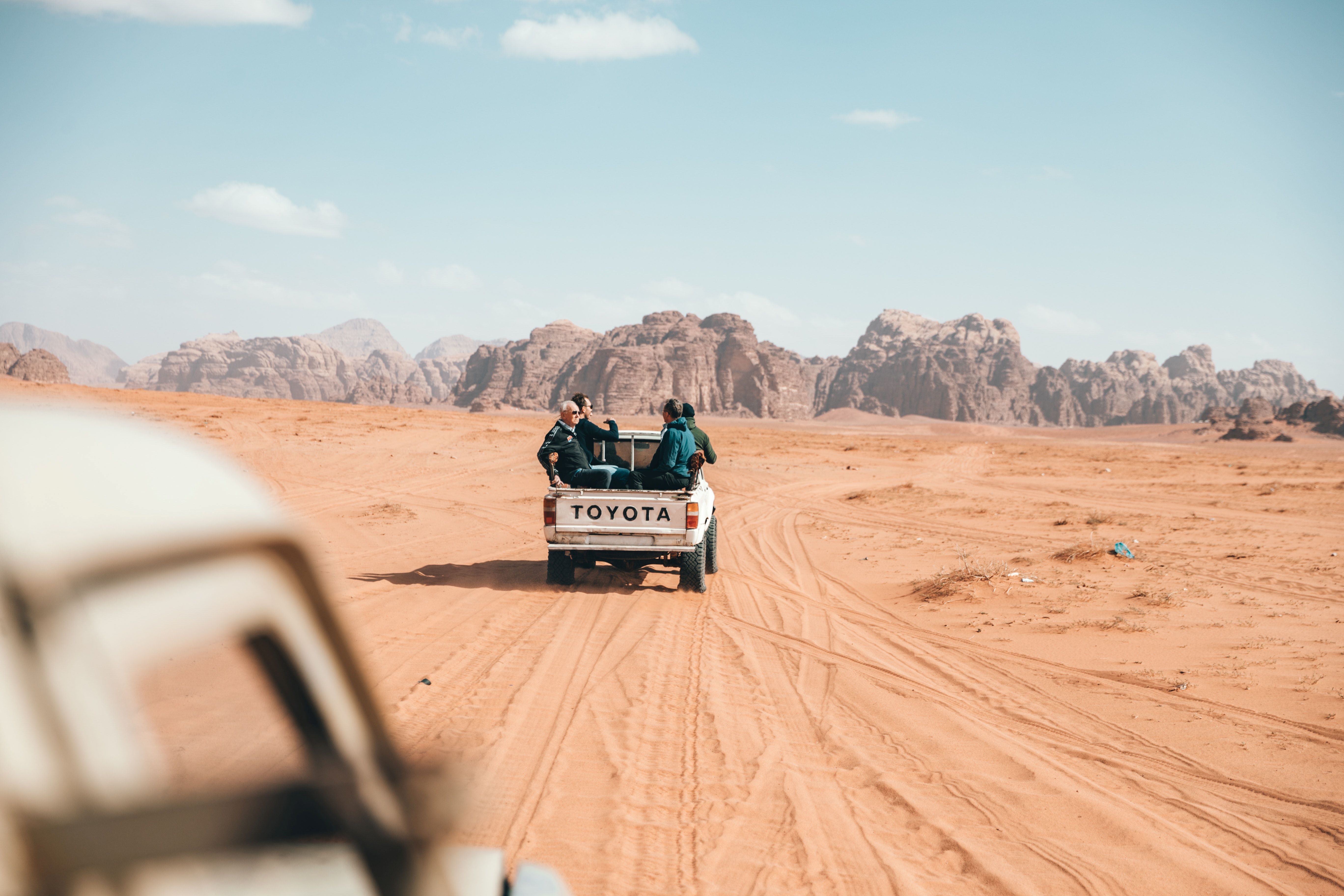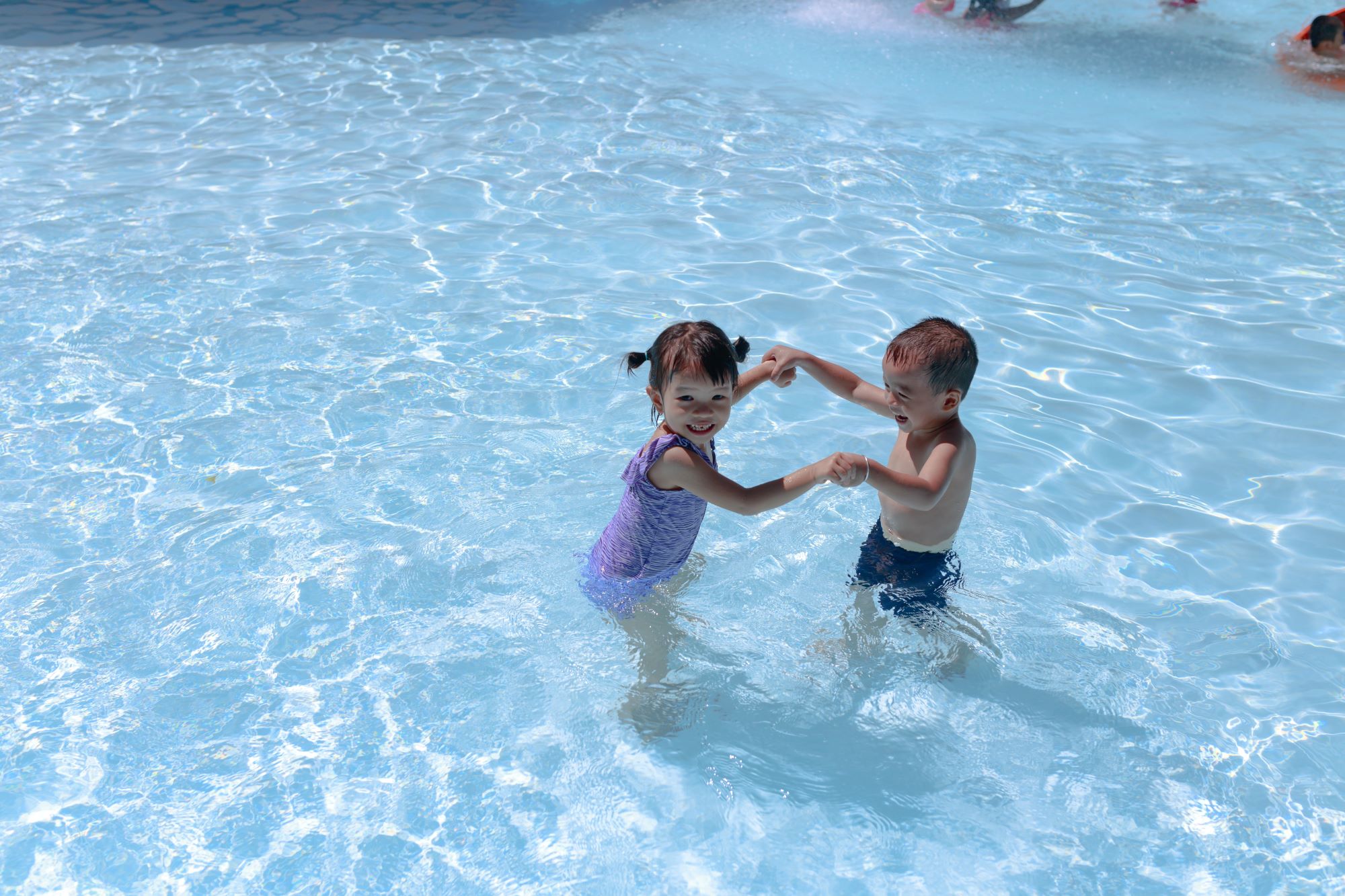The average human body contains 60 percent water. Water makes up 73 percent of the brain, heart, and lungs and 83 percent of the lungs.
How much water is sufficient? Adults require six to ten 8-ounce cups of water on average each day. By observing the color of your urine output, you can determine if you are drinking enough. You are adequately hydrated if it is clear or barely yellow.
Water and Travelling
Hydration requirements increase when you’re traveling. In addition to the physiological changes brought on by an increase in cabin pressure and altitude, travelers are also subjected to low moisture levels. The Sahara Desert has a higher relative humidity than an aircraft cabin’s unnaturally low humidity levels of 5–10%.
Additionally, dehydration makes jet lag worse. Dry or chapped skin, more wrinkles, dry eyes, thirst, fatigue, low urine output, dry mouth, headache, constipation, dizziness, or lightheadedness are all signs of dehydration. Dehydration that is severe can cause low blood pressure, a rapid heartbeat, extreme thirst, dry skin, loss of skin elasticity, little to no urination, confusion, and fever. According to research, drinking enough water can help prevent heart attacks, pulmonary emboli, and deep vein thrombosis (blood clots in the legs), particularly when traveling.

Stay Hydrated
Drink more water each day to stay healthy at home or while traveling. One of the most crucial habits to develop is to wake up and drink two 8-ounce glasses of warm or room-temperature water. Drinking water in the morning proves to be an effective energy booster.
Pay attention to your thirst cues to reap the rewards of adequate hydration. Instead of giving their bodies water when they are thirsty, many people actually eat. Fill a bottle or pitcher with your daily water requirement in the morning and sip on it throughout the day to promote water consumption. Put it somewhere you’ll see it, like on the counter, so you’ll remember to drink.
At least 8 ounces of water should be consumed every hour while traveling or flying, and alcohol should be avoided because it dehydrates the body. Water is used by the body to digest other drinks we consume. Even though drinking more water might make you use the restroom more frequently, consider it exercise.
Try to consume as much water as you can in the days before your trip. Think about packing a refillable bottle that you can fill at the airport. To avoid plastic ending up in landfills, many grocery stores now have stations where you can fill a reusable bottle. Keep in mind that not every location has access to clean drinking water at the tap, so you might need a filtration system. I advise purchasing drinking utensils. Quality, portable tumblers, jugs, coolers, and mugs are available from RTIC. Here are some reasons to bring drinkware:
4 Reasons Why You Should Bring Water While Traveling

1. While traveling, remember to stay hydrated.
It can be not easy to stay hydrated while traveling, especially if you’re doing a lot of walking or sightseeing, but it’s crucial for your health. Making sure you stay hydrated while traveling is easy with a travel water bottle. Your body needs water to function properly, and it also keeps your energy levels high. If you don’t get enough water, you might begin to feel drained, lightheaded, or headachey. Eight ounces of water for every hour of activity is a good rule of thumb. Carrying a water bottle around with you will help you stay hydrated throughout the day if you frequently experience thirst.
2. Cut costs
Bringing your own water bottle along on a trip can help you save money. When traveling, bottled water is a necessity, but the cost can mount quickly. You can save money and ensure that you stay hydrated at the same time by bringing your own water bottle. Let’s face it, who wants to shell out those outrageous prices for bottled water at airports? Travel water bottles are likewise helpful for carrying other libations like coffee or tea.
3. Adopt a sustainable lifestyle
Our planet is in trouble, that much is obvious. It’s obvious that we need to alter our behavior if we want to protect the earth for future generations, from climate change to plastic pollution. Reducing our reliance on single-use water bottles is a simple but crucial step that we can all take. This not only reduces the amount of plastic waste, but it also can save you money and be better for your health. Microplastics, which may leach into the water and possibly result in health issues, are frequently found in bottled water. There is no need to pay more for something you can get for free because bottled water is frequently no purer than tap water.
4. Convenience
Anyone who has ever experienced thirst is aware of how important hydration is, especially when traveling. You can avoid the hassle of having to stop and buy bottled water, which can be both time-consuming and expensive, by carrying a water bottle with you. Whether rushing to catch a train or hiking in the woods, keeping water close by is easy with a travel water bottle. And there is undoubtedly a water bottle that is ideal for your needs among the many different styles and designs that are offered.



